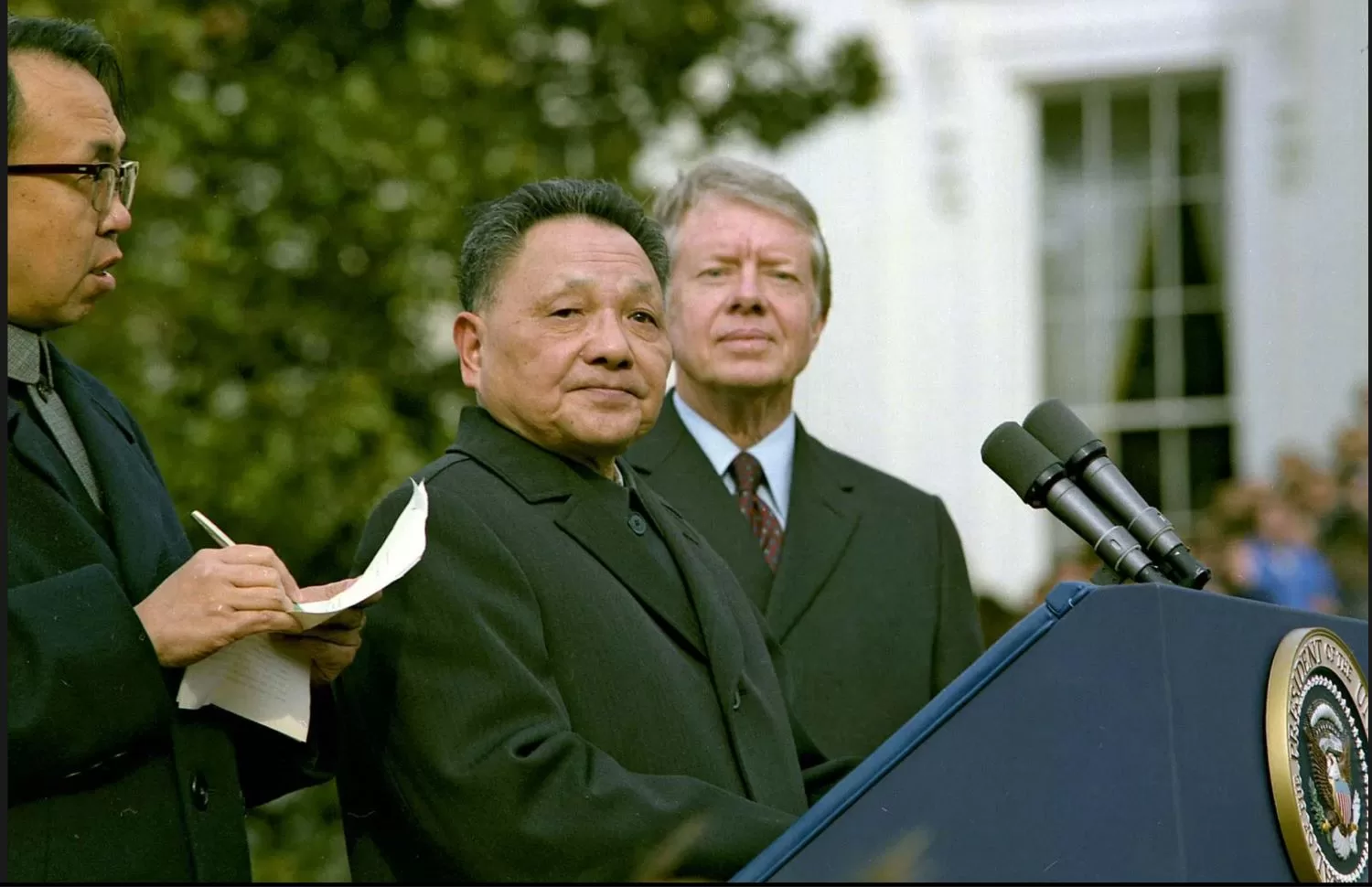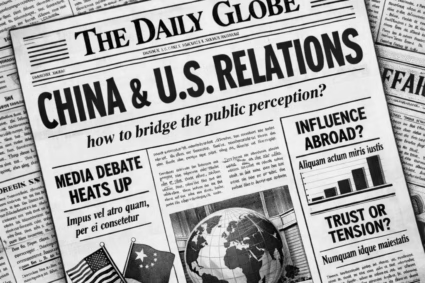
Jimmy Carter’s presidency is often remembered for its challenges—economic turbulence, energy crises, and foreign policy hurdles—but history should equally credit him for a singular accomplishment that reshaped the global order: the normalization of U.S.-China relations.
At a time when Cold War tensions defined international politics, Carter demonstrated extraordinary foresight and courage by forging a path toward cooperation with China, an act that has since become a cornerstone of modern geopolitics.
The Bold Step Toward Normalization
When Carter assumed office in 1977, relations between the United States and the People’s Republic of China were essentially non-existent.
Although the groundwork had been laid during Richard Nixon’s historic 1972 visit to Beijing, diplomatic recognition remained elusive, with the U.S. still formally recognizing Taiwan as the legitimate government of China.
Carter saw this status quo as unsustainable. He understood that the United States needed to engage with China not only to counterbalance the Soviet Union but also to unlock new opportunities for global peace and economic growth.
In one of the most significant decisions of his presidency, Carter announced on January 1, 1979, that the United States would officially establish diplomatic relations with the People’s Republic of China.
The decision was not without controversy. Domestically, it faced resistance from members of Congress and the public who were wary of abandoning Taiwan. Yet, Carter’s conviction that rapprochement with China was essential for long-term global stability carried the day.
Economic and Cultural Impacts
The establishment of formal ties between the U.S. and China was transformative. It laid the groundwork for decades of economic interdependence, turning two historically isolated economies into deeply interconnected ones.
Today, the U.S.-China relationship is one of the most consequential bilateral partnerships in the world, influencing global trade, technology, and climate policy.
While the relationship has faced tensions in recent years, its origins in Carter’s presidency remain a testament to the power of dialogue and diplomacy.
Carter also recognized that normalized relations required more than official agreements; they needed cultural and educational bridges.
Under his administration, exchange programs between the U.S. and China flourished, fostering mutual understanding and collaboration.
These programs have since allowed millions of students, scholars, and professionals to build connections that transcend political divides.
Carter’s Diplomatic Legacy
Carter’s vision for U.S.-China relations exemplifies his broader approach to diplomacy: engagement over isolation, understanding over division.
He believed in building bridges, not walls—a philosophy that extended to his post-presidential work as well.
Through the Carter Center, he continued to advocate for global dialogue and conflict resolution, earning him the 2002 Nobel Peace Prize.
Lessons for Today
In a world increasingly marked by geopolitical rivalry and mistrust, Carter’s diplomatic achievements offer a valuable lesson: progress is possible when leaders prioritize long-term stability over short-term politics.
His decision to normalize U.S.-China relations was not politically expedient at the time, but it proved to be a strategic masterstroke with enduring benefits.
As we reflect on Carter’s legacy, his contributions to U.S.-China relations stand out as an act of statesmanship that required courage, vision, and a deep commitment to peace.
At a moment when the world is grappling with rising tensions and competing spheres of influence, Carter’s example reminds us that diplomacy, though often difficult and fraught, remains the most powerful tool for securing a better future.
Jimmy Carter was not just a president; he was a bridge-builder whose leadership reshaped the trajectory of global relations.
His work with China is a reminder that even in an era of division, visionary leadership can create pathways to connection and cooperation.




There are some interesting time limits in this article however I don’t know if I see all of them center to heart. There may be some validity however I will take maintain opinion until I look into it further. Good article , thanks and we wish more! Added to FeedBurner as effectively